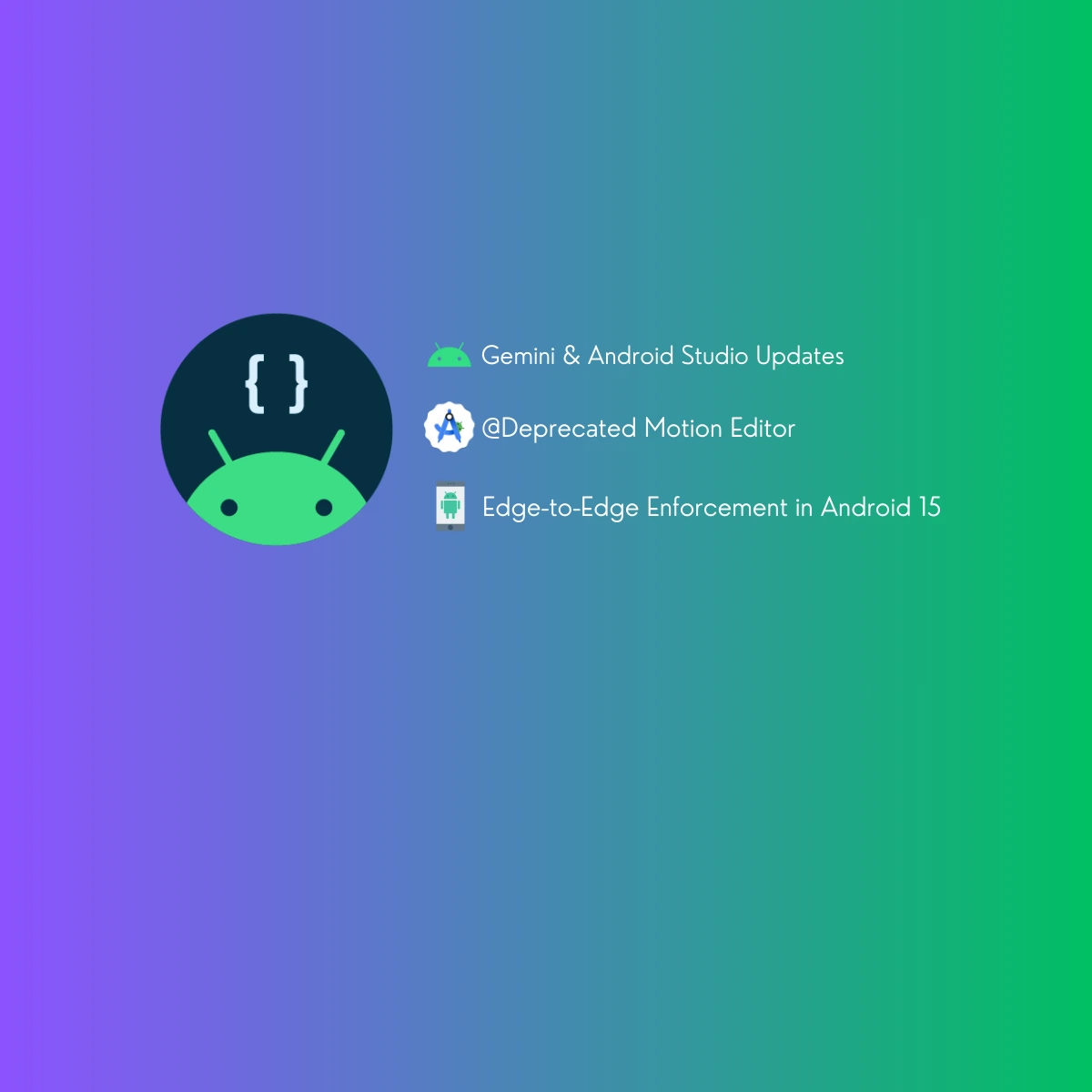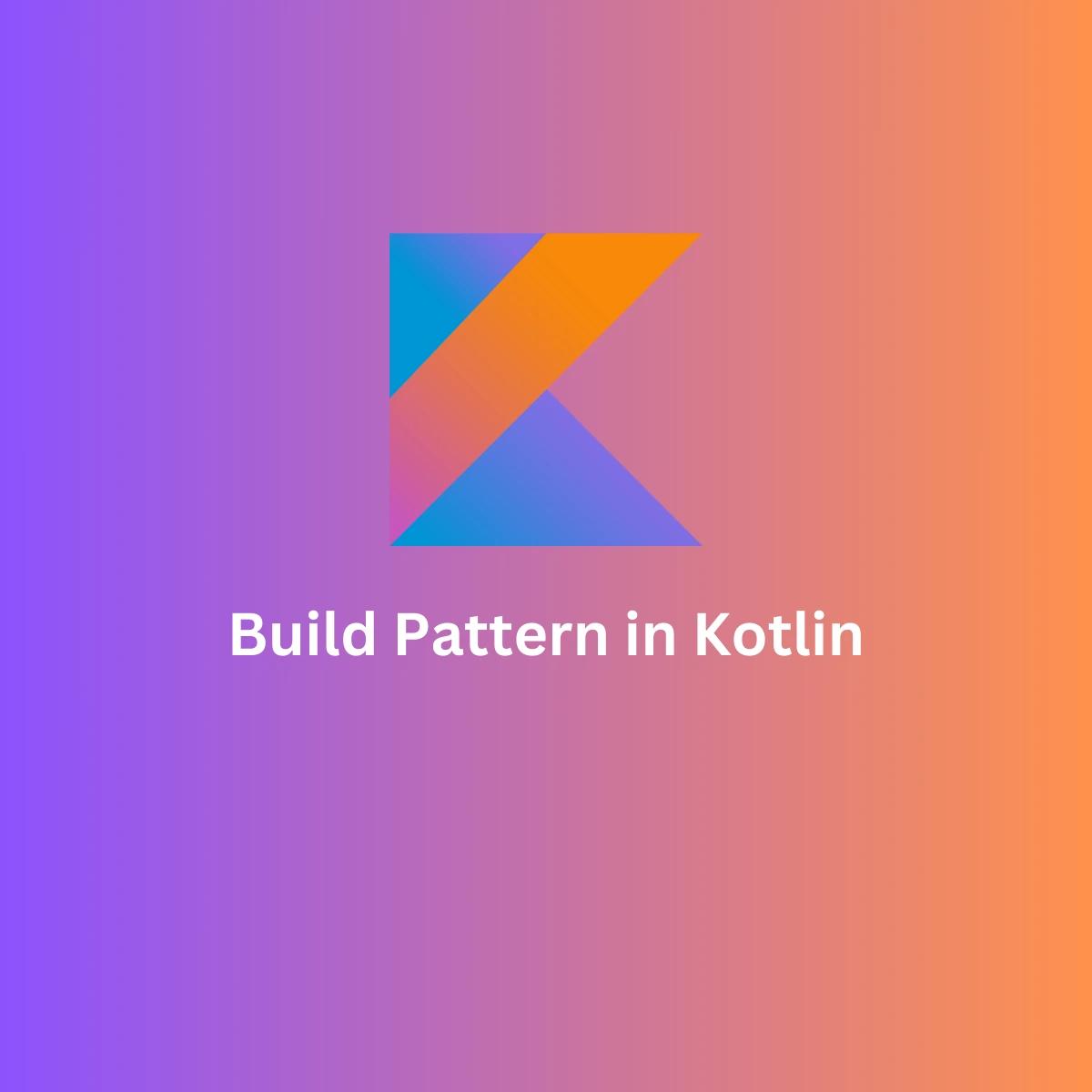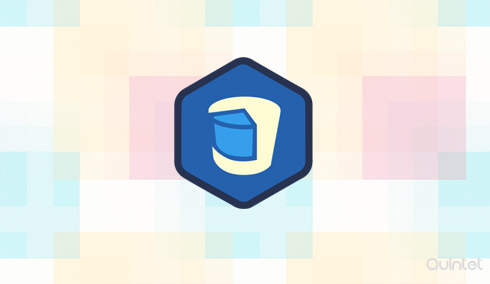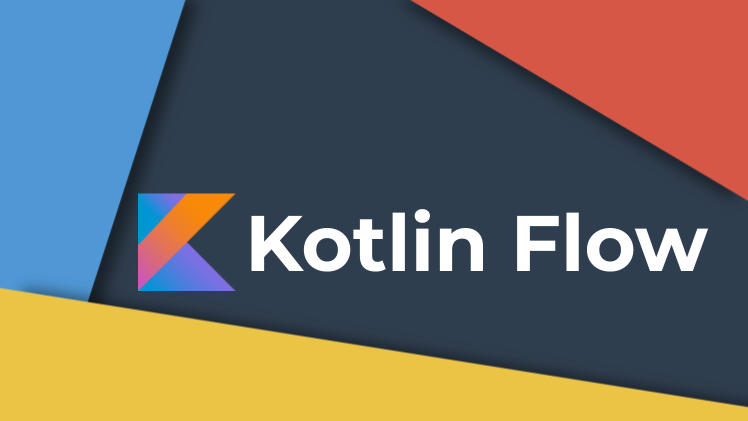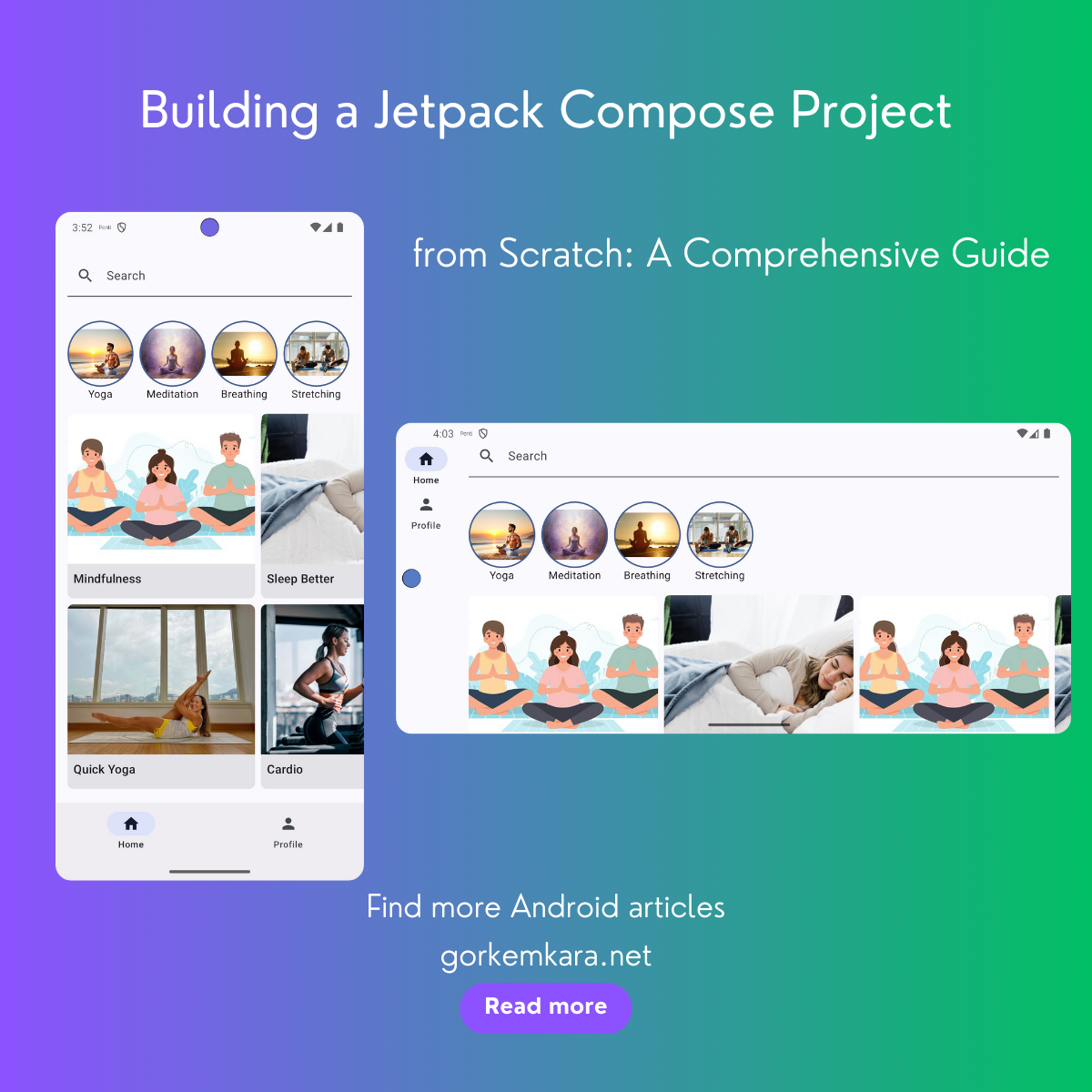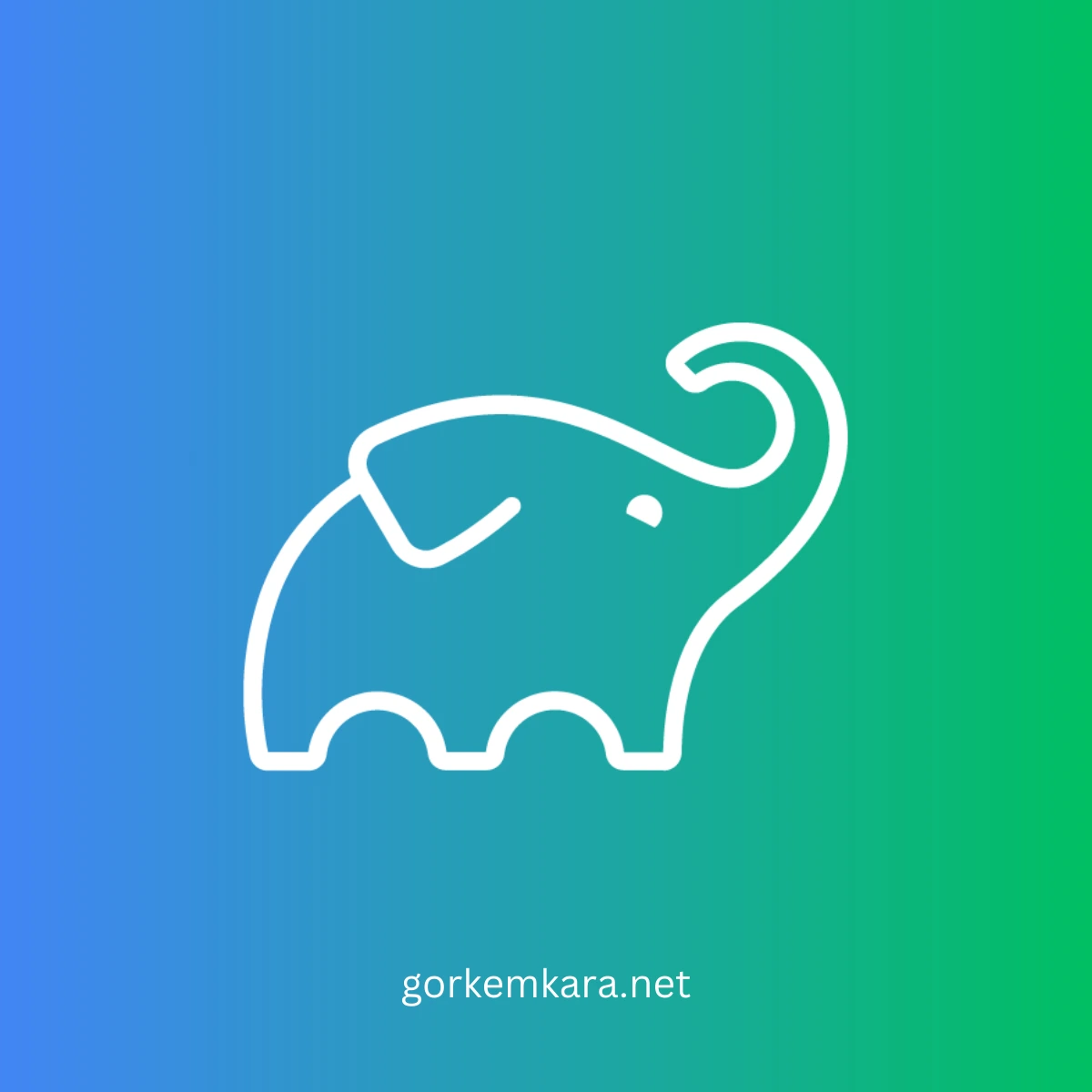Learn the roadmap to becoming a Flutter Developer, from mastering Dart to becoming a Senior-level expert. Free Tutorials, Bootcamps, Articles.
Flutter has emerged as one of the most popular frameworks for building cross-platform applications. Developed by Google and released in 2019, Flutter allows developers to build applications for mobile, web, and desktop using a single codebase. So how do you start your journey as a Flutter Developer and what should you focus on to succeed in this field? I am sharing with you some useful Flutter tutorials, bootcamps and articles that you can follow.
What is Flutter?
Flutter is an open-source UI software development kit (SDK) used for building high-performance, natively compiled applications for mobile, web, and desktop from a single codebase. It uses the Dart programming language, which is designed for fast development and easy scalability. Flutter’s powerful set of widgets allows developers to create beautiful UIs effortlessly.
Why Choose Flutter?

One of the main reasons Flutter is favored by developers is its ability to produce visually appealing, high-performance applications across multiple platforms. With Flutter, you can build apps for iOS, Android, Web, and even Desktop, all from one codebase. This reduces development time, increases efficiency, and decreases costs.
One of the main reasons Flutter is favored by developers is its ability to produce visually appealing, high-performance applications across multiple platforms. With Flutter, you can build apps for iOS, Android, Web, and even Desktop, all from one codebase. This reduces development time, increases efficiency, and decreases costs.
How to Get Started with Flutter
For aspiring developers, getting started with Flutter requires learning the Dart programming language. This is the foundation of Flutter and understanding Dart will give you a strong base to work on.
Steps to Start Learning Flutter:
- Learn Dart: Start with the basics of Dart, which is a modern and easy-to-learn language. You can find tutorials on Dart’s official documentation.
- Install Flutter SDK: Follow the instructions on Flutter’s official website to set up the SDK.
- Flutter IDE: I see that you have two most popular options for your work environment with Flutter.
- 1) Visual Studio Code
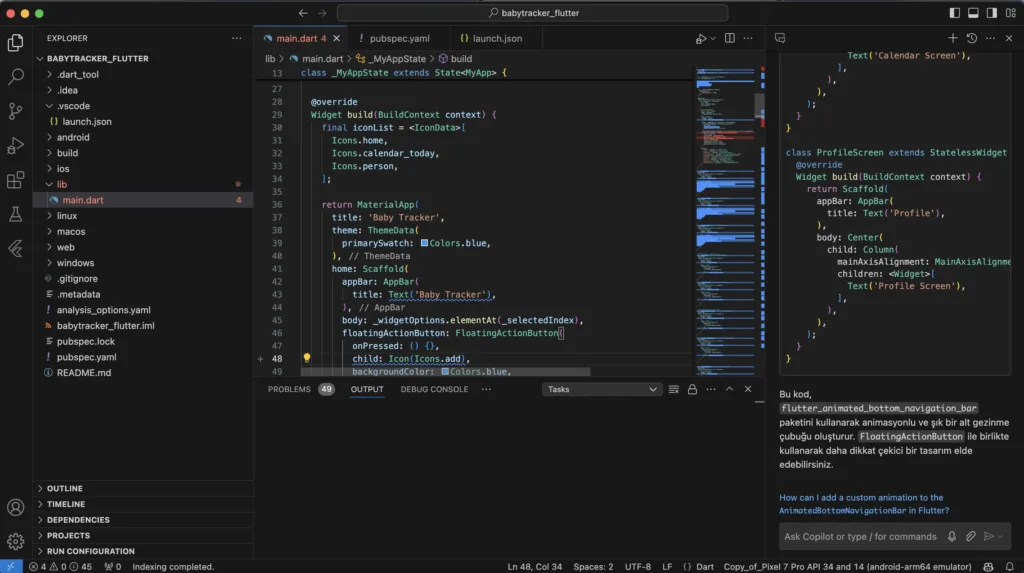
- 2) Android Studio (I think it will be easier for Android Developers. You search for “flutter”, install a plugin and you don’t need to do anything else.)
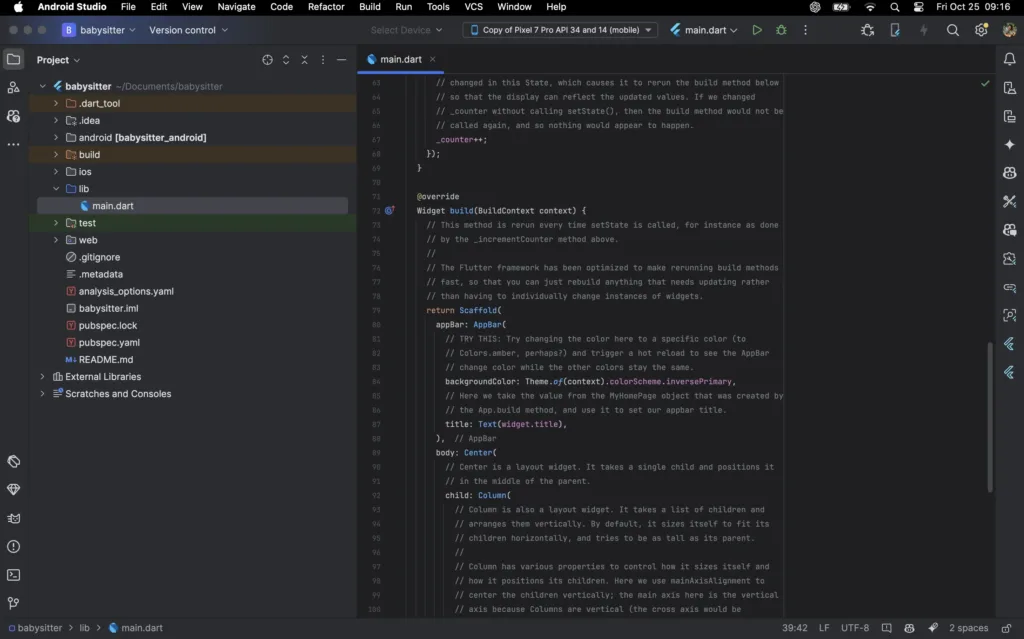
- Start coding with Flutter: Once Dart is in place, move on to building simple Flutter apps to understand its widget-based structure. Flutter’s official documentation and Codelabs are great resources.
Becoming a Flutter Developer
Becoming a Flutter Developer means progressing through different skill levels: Junior, Mid, and Senior developer. Here’s what you should know at each stage:
Junior Flutter Developer
As a Junior Flutter Developer, you should focus on mastering the basics of Flutter and Dart. You need to understand:
- How to build simple apps using Flutter’s widget system.
- Basic state management (e.g., using Provider).
- Simple API integration using http requests.
Mid-Level Flutter Developer
At the Mid-Level, you should aim to work on more complex applications. Key skills to master include:
- Advanced state management techniques (e.g., Riverpod, Bloc).
- Optimizing app performance and understanding how to profile apps.
- API integration with error handling, and working with local databases like SQLite or cloud databases like Firebase Firestore.
- Implementing animations and custom widgets.
Senior Flutter Developer
A Senior Flutter Developer is responsible for leading teams, architecting large-scale applications, and ensuring best practices are followed. You should:
- Be proficient in advanced state management.
- Know how to optimize apps for performance, memory usage, and battery consumption.
- Have experience with complex API integrations and maintaining secure apps (e.g., using SSL Pinning).
- Be familiar with continuous integration (CI) and deployment (CD) pipelines for Flutter projects.
- Mentor junior developers and lead code reviews.
Key Skills for Flutter Developers
To become a competent Flutter developer, you should focus on acquiring the following skills:
- Dart programming language
- State management (Provider, Riverpod, Bloc)
- API integration and data handling
- Ability to work with animation and some Zeppelin, Figma, XD designs
- Testing and debugging
- Performance optimization
Learning Resources for Flutter Developers
Besides the official documentation, there are a few valuable resources you can use to accelerate your learning:
- Youtube Net Ninja’s video series Flutter Tutorial for Beginners
and Crash Course - Medium: Many experienced developers share their insights and tutorials on Medium, which can be a great way to learn about best practices. https://medium.com/flutter
- Tech with Tim’s video series called Flutter Tutorial for Beginners
- Vandad Nahavandipoor‘n video series Free Flutter Course
- Udemy’s Flutter Courses:
1) Flutter & Dart – The Complete Guide [2024 Edition]
2) The Complete Flutter Development Bootcamp with Dart - Stack Overflow: A valuable resource for solving specific issues during development.
Flutter is a powerful tool for building cross-platform applications, and becoming a Flutter developer can open many doors in the tech world. The key to mastering Flutter is continuous learning and practice. By understanding what a Junior, Mid-Level, and Senior Flutter Developer should know, you can map out your learning journey and stay ahead in the competitive field of app development.
For further reading, check out Flutter’s official documentation or explore community-driven tutorials on platforms like Medium and YouTube. Good luck on your Flutter journey!
Did you like this article?
You can subscribe to my newsletter below and get updates about my new articles.

